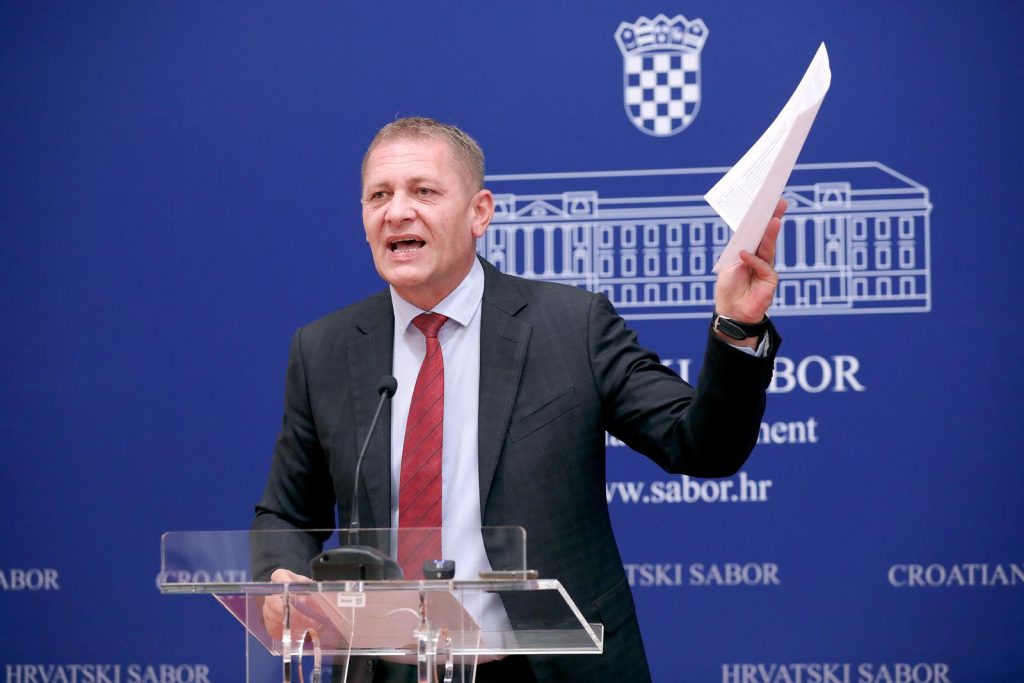As Poslovni Dnevnik writes, while appearing as a recent guest of N1 studio, the President of the Croatian Peasant Party, Kreso Beljak, commented on the situation that is currently on everyone’s lips – the very obvious euro Croatia price increase. Beljak says that he isn’t surprised by any of these price increases: “Prices of items are determined by the market, and I’m not surprised that prices have risen. Obviously, the demand is like that. It’s a simple rule of the market economy – the higher the demand for something is, the higher the price for it will be,”
That said, he made no effort to hide the fact that he thinks that the difference in prices between Croatia and neighbouring Slovenia is no less than shameful: “Personally, it doesn’t matter to me or the people in Samobor if we go to Zagreb or Slovenia to do our shopping. In Slovenia, instead of 100 euros, I spent 70. My wife was on the phone to be back in Samobor comparing the prices. It’s shameful,” Beljak stated.
However, and rather surprisingly, Beljak doesn’t really blame Plenkovic for this situation. “This situation is unsustainable, but to blame politics for it in the 21st century in a market economy, well… that’s what we wanted in the 90s. We wanted the market to determine the price, not for the state to conduct it all. I do blame Plenković for another situation, though, he tries to get involved with things that politics shouldn’t be involving itself with. The political spectrum should be dealing with the growth of salaries, pensions, tax relief, the reduction of levies and so forth. Plenkovic and HDZ do none of this. And that’s another reason why our purchasing power is weak.”
“If someone wants to buy something – that’s a matter of the market. The market forms the prices, not the state. The state is there to ensure a higher salary, to make so people are able to buy more in such cases. The state needs to reduce the taxes and levies so that net wages rise, and as such, peoples’ purchasing power.”
When asked about blacklists for companies taking advantage of the euro Croatia price increase trend, Beljak explained: “Now it can be seen that certain omissions have been made. I think the intention was good in regard to giving people a period of two weeks, which now turns out to have complicated the situation even more. The euro should have been introduced on January the 1st, 2023, and kuna should have immediately been made so it exchanged for euros in banks for a period of one year.”
“In general, I’m talking about a system that doesn’t work, about an HDZ that doesn’t work. It’s hard to expect that such a party that simply doesn’t care about people in the slightest would even think of doing anything to help or protect them. Plenkovic is now busy rubbing his hands together, and so is his finance minister, because every euro Croatia price increase is an increase in VAT and a bigger payment into the state budget,” Beljak concluded, noting that HDZ wants more money for ”uhljebs”.
For more, make sure to check out our news section.











